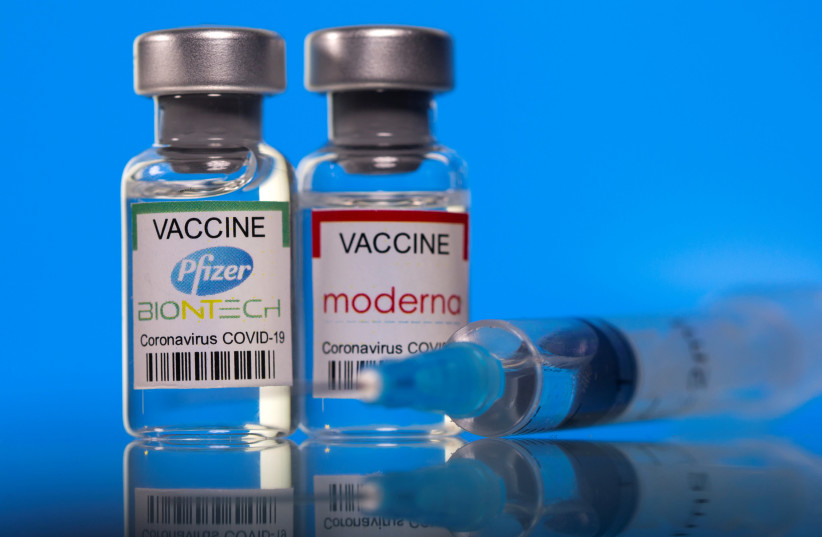Being vaccinated against COVID-19 seems to have affected the human menstrual cycle, with the cycle length increasing by nearly one day compared to those unvaccinated against the virus, a new study has found.
The findings come from a study funded by the US National Institutes of Health (NIH) and published in the peer-reviewed academic journal Obstetrics & Gynecology.
While there has been extensive research on the effects of the COVID-19 vaccine on fertility, its effects on the menstrual cycle were far less studied, despite extensive reports from people of unusual menstrual cycles post vaccination. Despite this, other studies concluded that no changes indicated were dangerous.
In order to understand how the vaccine impacted the menstrual cycle, the participants used the fertility tracking app, Natural Cycles. The data taken from those who received the vaccine – mostly the Pfizer and Moderna vaccines – covered three back-to-back cycles before getting vaccinated and three more consecutive ones, including when the vaccination took place. Data from unvaccinated participants covered six consecutive cycles.
The first dose of the vaccine seemed to correlate with the cycle lengthening by .71-days. The second dose saw it correlate to an increase of .91-days in length. However, it should be noted that while this meant the cycle itself seemed to have lengthened, the number of bleeding days had not.

The monthly menstrual cycle in humans tends to vary somewhat between months. However, according to the International Federation of Gynecology and Obstetrics, a variation in length is normal so long as it is less than eight days. As such, this variation is very much within the bounds of normalcy.
Further, in subsequent cycles, this change following the administering of the vaccine was no longer present. This seems to indicate that if this short increase in cycle length is caused by the vaccine, it is very much temporary.
“It is reassuring that the study found only a small, temporary menstrual change in women,” Diana W. Bianchi, M.D., director of NIH’s Eunice Kennedy Shriver National Institute of Child Health and Human Development (NICHD), explained in a statement.
“These results provide, for the first time, an opportunity to counsel women about what to expect from COVID-19 vaccination so they can plan accordingly.”
This is important, as many had expressed worries that the vaccine was significantly and negatively impacting the menstrual cycle as the vaccine rollout became more widespread worldwide.
The findings present an opportunity to explore the effects of vaccines on the menstrual cycle. However, there is more work to be done, as the effects of the vaccine on aspects of the menstrual cycle aside from length - like pain, impacts on mood and the heaviness of the flow - are largely unexplored. However, there is no indication that the vaccine could in any way pose a significant risk or danger to the menstrual cycle or in any other bodily function, and its safety is widely recognized by the global scientific community.
